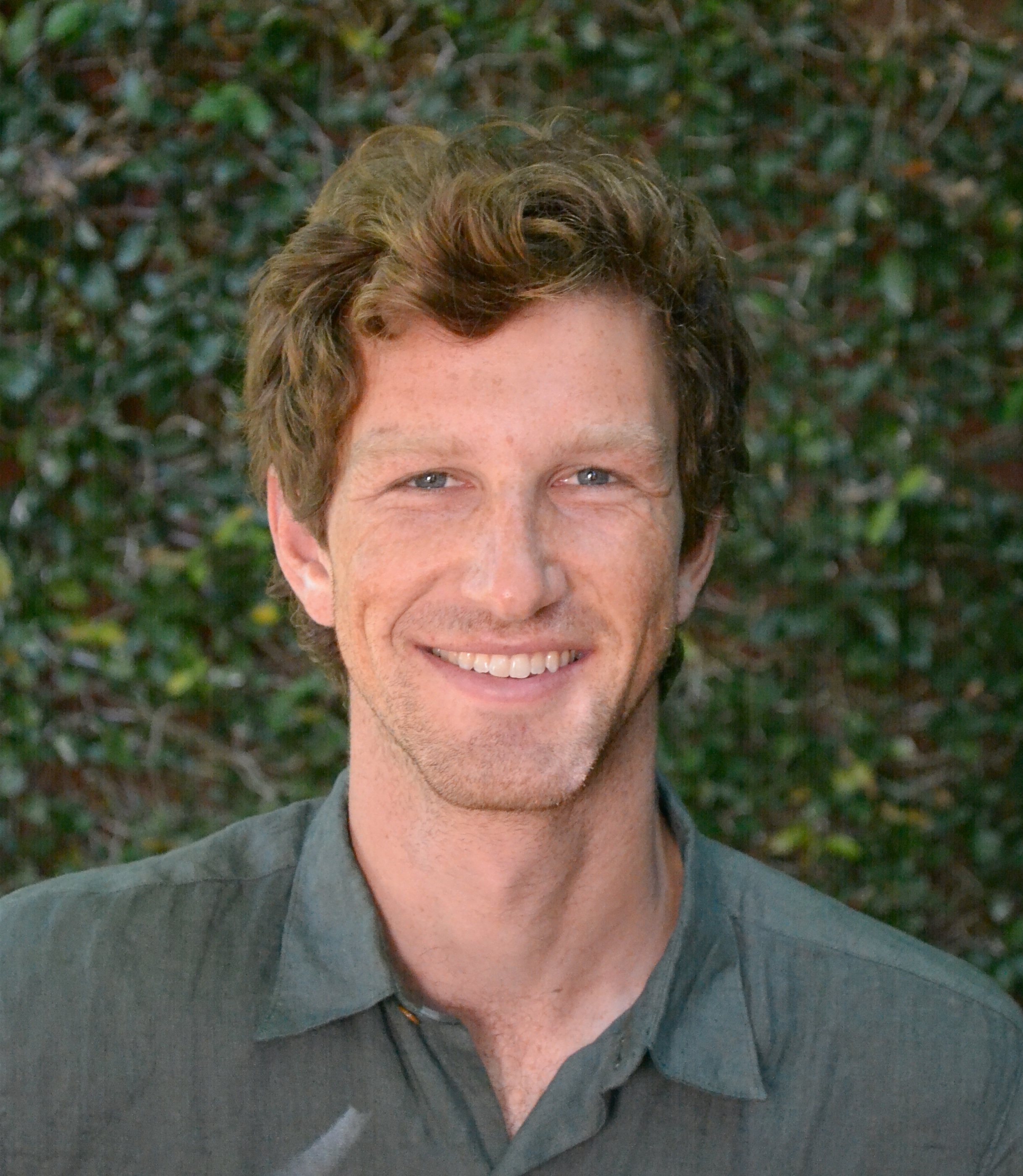About Me
I am a PhD candidate in the department of Political Science and MS student in Statistics at the University of California, Los Angeles. My research interests are within voting behavior. Specifically, I work on administrative voting data, causal inference, local politics, and elections. In my dissertation project and job market paper I am studying how salary changes affect voting behavior when we hold the individual fixed. Recent projects include studying the occupational history of city councilmembers and studying persuasive public health messaging during the pandemic. I set up and manage the UCLA national voter file. It is hosted on Redivis where UCLA affiliated students and professors can access it.
Research
-
Baxter-King, R., Coppock, A., Straus, G., & Vavreck, L. (2025). "Endorsements vs. Information: Experimental Evidence of Backlash and Parallel Persuasion During the COVID-19 Public Health Crisis." PNAS Nexus.
Link to Paper
Governments try to promote prosocial behaviors like gun safety, environmental protection, opioid awareness, and during COVID-19 pandemic, behaviors like social distancing, masking, and vaccination. Democratic governments generally cannot force these behaviors on citizens; instead, they must persuade. Persuasive appeals mainly fall into three categories: endorsements (cues from leaders, experts, or celebrities), guidance and mandates (policies or practices issued by government) and information (the provision of facts and arguments about benefits). Using data from 10 experiments with 85,191 survey respondents conducted over a two-year period during the COVID-19 pandemic, we assess the effectiveness of these three types of persuasive messages. We find that endorsements are variously polarizing depending on subjects’ partisan orientation toward the endorser, counterproductive in general, or wholly ineffective. We find that guidance and information treatments - when they are effective at all - move people “in parallel,” i.e., in the direction of information by similar amounts regardless of party affiliation.
-
Straus, G. (2025). "The Economic Background of City Councilmembers." Urban Affairs Review.
Link to Paper
Is local politics shaped by groups and interests or party and ideology? Classic literature posits that local politics differs from national politics and centers on groups and interests rather than ideology, especially in settings with nonpartisan elections. A separate literature casts doubt on this, finding a connection between partisan voting, local ideology, and policy mimicking the federal level and without reference to groups and interests. In this paper, I use a large original dataset on the professional backgrounds of city councilors to provide a link between the evidence for both theories. I look at city council candidates from all 477 cities in California between 1996 and 2021, observing both candidates' career histories through their ballot designations and party affiliations through their public voter records. I find that liberal cities have more career politicians, non-profit workers, and service-based professionals running for and holding office, while conservative cities have more military and law enforcement workers and business types running for and holding office. Career politicians, non-profit workers, and service-based professionals are more likely to be registered as Democrats and military and law enforcement workers and business types are more likely to be registered Republicans. In this case group membership and party affiliation are tightly coupled.
-
Straus, G. (2022). "Two-Party Competition in the United States: Reversed Growth Trends." Party Politics.
Link to Paper
Does two-party competition in the United States lead to improved human welfare spending? The debate over the merits of competition has gained traction yet again in the study of American politics. Gerald Gamm and Thad Kousser suggest that from 1880 to 1980 two-party competition led to desirable outcomes like increased education, transportation, and health spending. The modern panel data presented here suggest the spending effects do not persist beyond 1980 through 2020, and also, there is a negative effect on economic growth stemming from state-level partisan competition. The reversal of the historical trend is justified by predictions from existing formal models: at particularly high levels of baseline political competition, the effect of additional competition on growth is ambiguous.
Working Papers and Works in Progress
- Job Market Paper: The Effect of Income on Turnout: Evidence from Public Salary Records and Administrative Voting Data
- Diagnosing Democracy: How Health Shocks Close to Elections Suppress Eligible Votes with Arash Naeim, Dan Thompson, and Lynn Vavreck
- Local Politics and Municipal Spending in Small and Large Cities with Grant Baldwin and Adam Dynes
Teaching
Primary Instructor
- PS 40: Introduction to American Politics (Summer 2023)
- CW 60: A History of Political Data Analytics (Spring 2025)
- UCLA Political Science Department Math Camp (Graduate; Summer 2024, 2025)
Teaching Assistant
- PS 40: Introduction to American Politics (Fall 2022, Winter 2023)
- PS 6: Introduction to Data Analysis (Spring 2023)
- PS 200A: Probability for Social Science (Graduate; Fall 2024, 2025)
